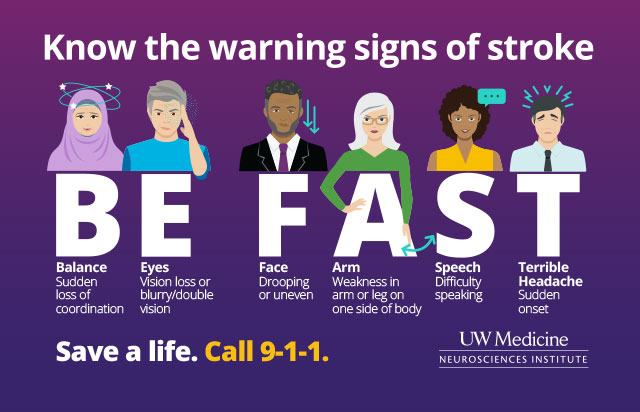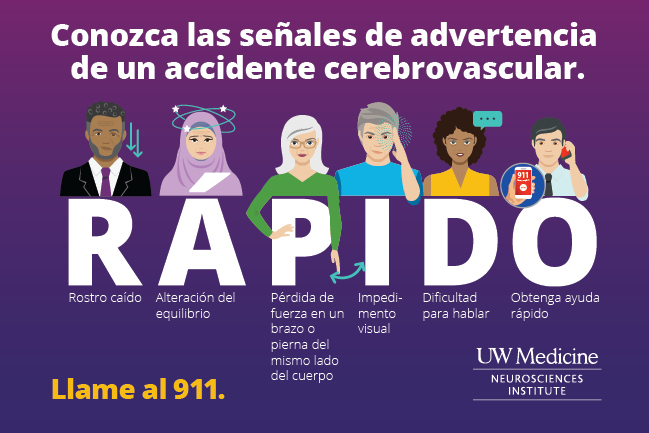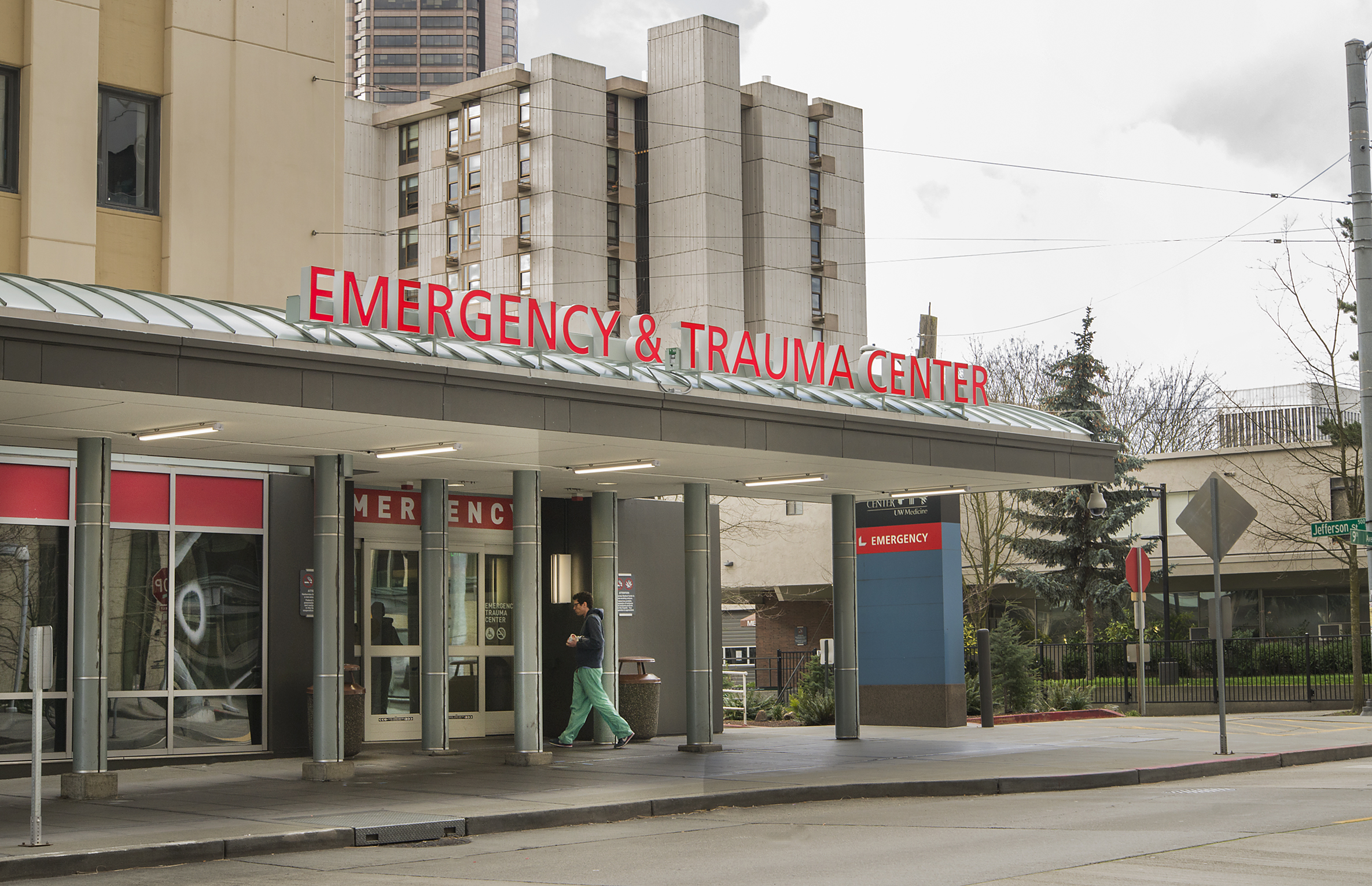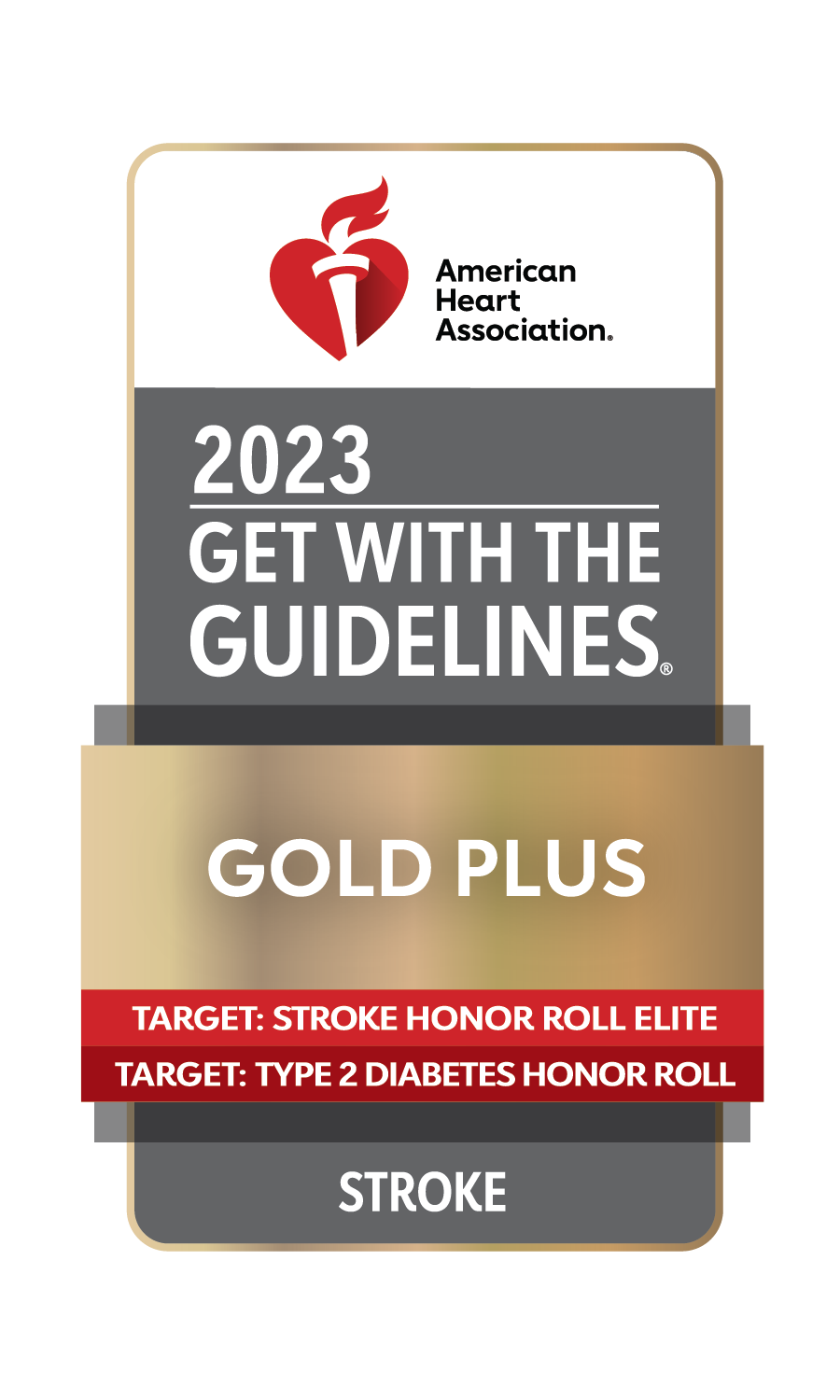Join our monthly online support group. This welcoming space is for stroke survivors, family members and caregivers to connect with each other, speak on topics of interest and share resources for all attendees.
Stroke Care
Stroke can happen to anyone. Count on us for stroke prevention, emergency treatment and the rehabilitation you need to recover.
Stroke Care
Stroke can happen to anyone. Count on us for stroke prevention, emergency treatment and the rehabilitation you need to recover.
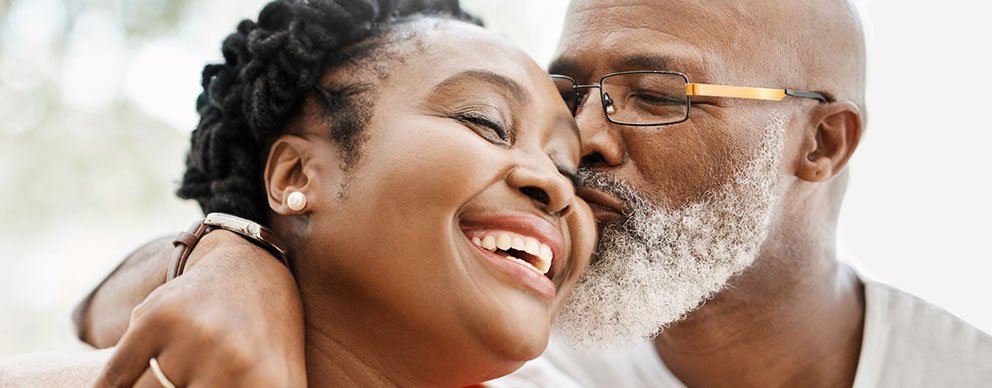
When minutes count, count on UW Medicine
The faster you receive treatment following a stroke, the better your chances of survival and recovery. Our emergency departments are ready to respond 24/7 with treatments that can save your life and prevent disability.
UW Medicine Comprehensive Stroke Center at Harborview Medical Center provides patients with the highest quality care, from diagnosis to rehabilitation. Our vascular specialists collaborate with specialists at UW Medical Center and Valley Medical Center, and hospitals throughout Washington state.
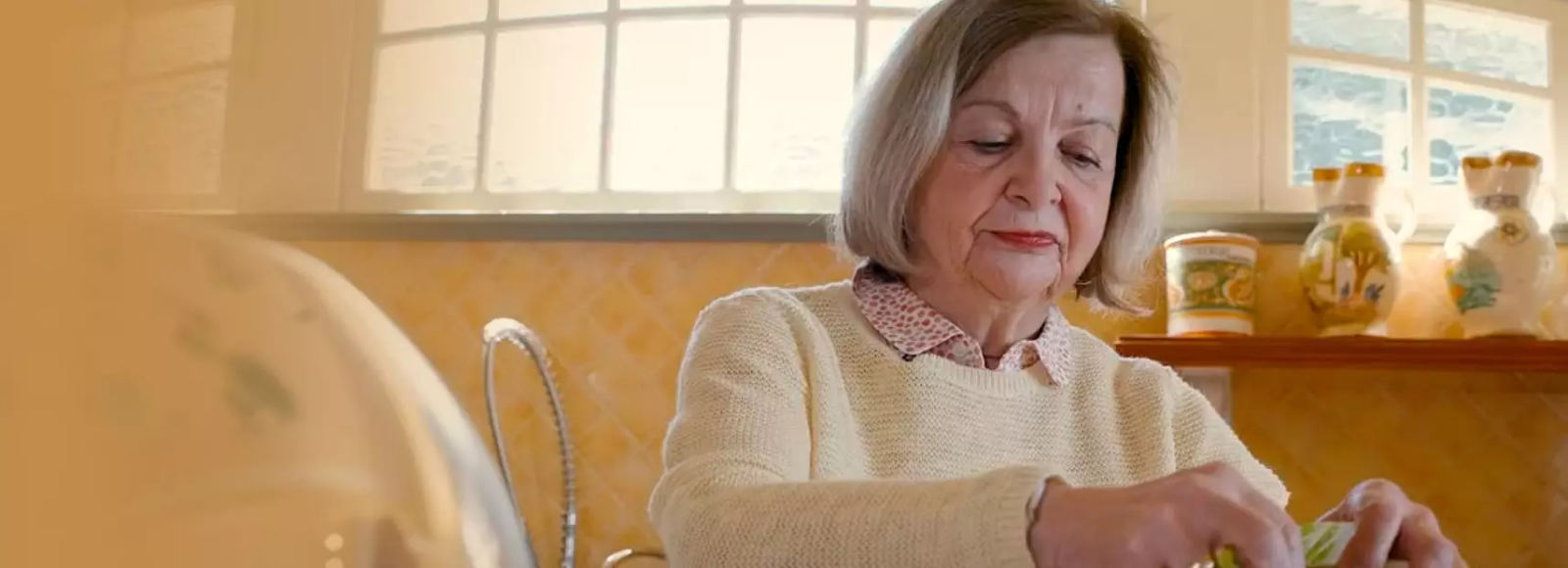
Patient story
Rehabilitation helps business leader after stroke
Dorene Centioli-McTigue, who founded the first Pagliacci Pizza in Seattle’s U-District, missed the early warning signs of stroke and “basically did nothing.” Months later, she learned she had had a stroke. Thankfully, rehabilitation helped her return to her pizza business and her life.
Types of stroke we treat
A stroke is a sudden brain attack. There are two kinds of stroke – ischemic and hemorrhagic.
Ischemic stroke
Ischemic stroke, the most common type of stroke, occurs when a blood vessel in your brain gets completely blocked. This means blood and oxygen can’t flow through that blood vessel, starving your brain of required nutrients. There are multiple causes of stroke, including vessels clogged by fatty buildup in the walls (plaque), or by clots that formed in the heart from an irregular heart rhythm (atrial fibrillation) or poor pumping function of the heart and then broke off and traveled to the brain.
Hemorrhagic stroke
In a hemorrhagic stroke, a blood vessel in your brain starts leaking. The buildup of leaking blood puts pressure on your brain, which damages brain cells. Hemorrhagic strokes are less common but more severe than ischemic strokes. They are often caused by an aneurysm or high blood pressure.
Learn more about stroke symptoms and risk factors
Our other certified stroke centers
Valley Medical Center and UW Medical Center – Northwest have earned Primary Stroke Center certification. This means they are equipped to diagnose and treat most strokes quickly and safely, 24/7/365.
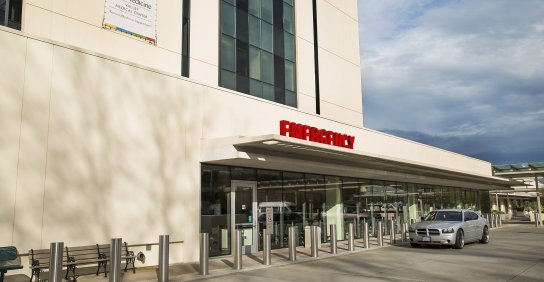
Stroke Center at Valley Medical Center
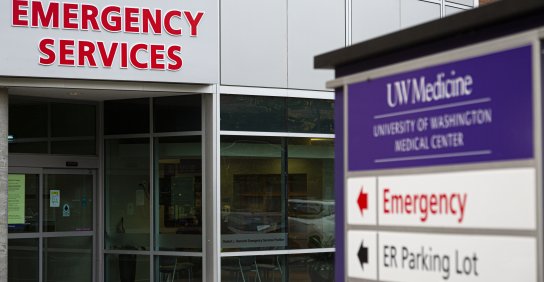
Primary Stroke Center at UW Medical Center – Northwest
Patient resources and support
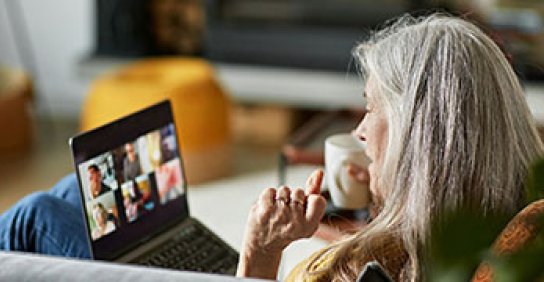
Virtual stroke club

MyChart patient portal
Already a stroke service patient? Contact your provider directly or use MyChart, our online patient portal. You can also schedule and manage appointments, pay bills and see test results with MyChart.
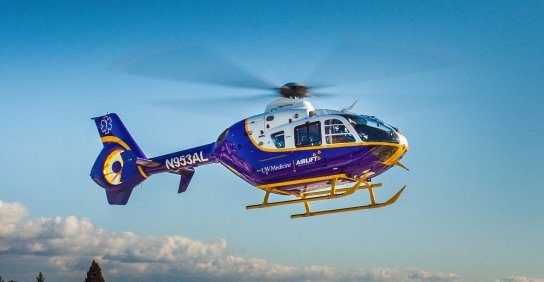
Airlift Northwest membership
For residents of Washington and Alaska, an Airlift Northwest membership is an affordable way to protect you from unexpected costs of air medical transport during a medical emergency.
Featured stories
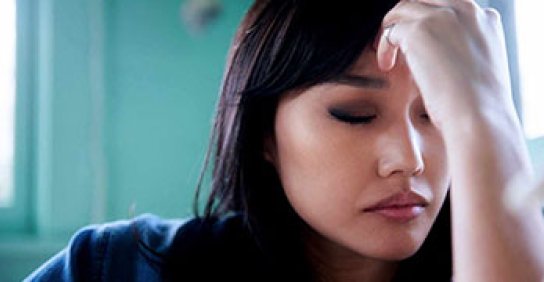
Ministroke: What is it and why you need to take it seriously
Most of us think of a stroke as a medical emergency that results in death or severe disability if left untreated. And that’s true. But you can have a ministroke before you have a full-blown stroke.

Why millennials need to take stroke prevention seriously
Thinking about stroke may seem premature or even ridiculous to many younger adults. But your body is keeping score.
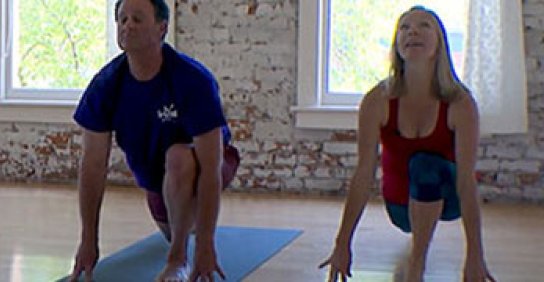
In stroke response, minutes count
While at a yoga class, Aaron Barnett had a stroke. Luckily, his yoga instructor knew the signs and called 911 right away.
